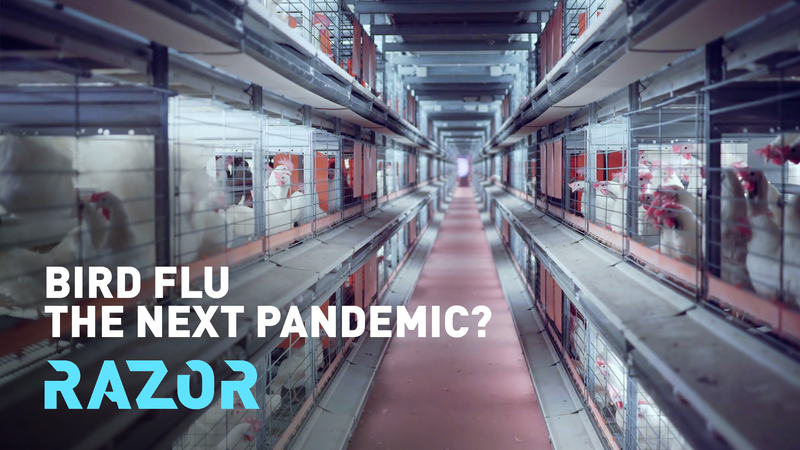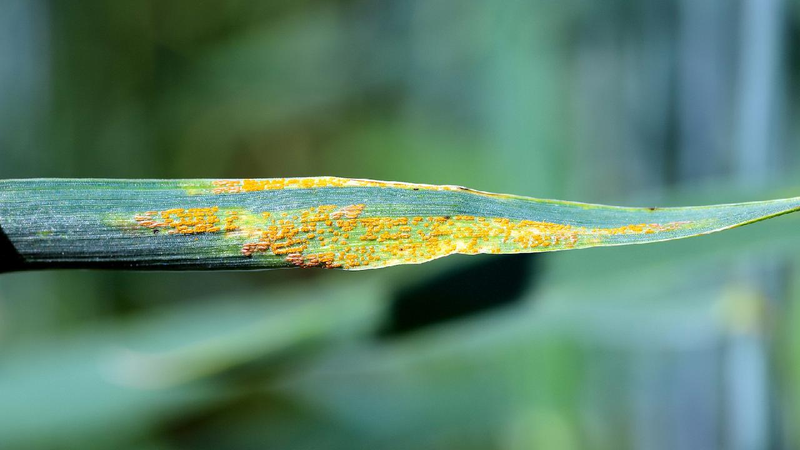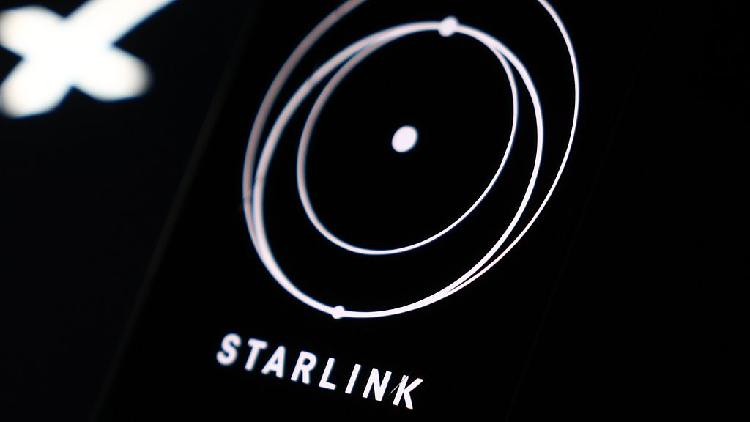Bird Flu: Could It Be the Next Pandemic? 🦅
Hey there! Have you heard about bird flu? 🐦 It’s a sickness that usually affects birds, but lately, it’s been causing some concerns among scientists. Let’s find out why!
What Is Bird Flu?
Bird flu, also known as avian influenza, is a virus that mostly infects birds. The particular type that’s spreading now is called H5N1. It’s been around for a while, but recently, it’s spreading faster and to more animals than before.
What’s Happening Now?
Scientists have noticed that H5N1 is spreading among wild birds and even farm animals. Over 500 kinds of wild birds and nearly 50 types of mammals have been affected worldwide! 🌍
It’s even reached far places like Antarctica, where Dr. Lineke Begeman and her team found the virus among seabirds. Imagine that! 🐧
Should We Be Worried?
Some experts are concerned that bird flu could change in a way that makes it spread between humans. 😟 But right now, the risk is low. There have been 70 cases in people, mostly with mild sickness, but one person did pass away. That’s why scientists are keeping a close eye on it.
What Are Scientists Doing?
Researchers like Professor James Wood are studying how the virus spreads. They’ve found that wild birds are bringing the virus to poultry farms. In the United States, the virus even jumped to some dairy cattle! 🐄
Other scientists, like Professor Debby van Riel, discovered that the virus might be getting better at infecting the upper parts of animals’ respiratory systems. This could make it easier to spread.
Professor Jim Paulson’s team found that H5N1 might be only one change away from being able to spread between people. But don’t panic! 😊
Are We Prepared?
The good news is that we have a vaccine ready for H5N1. That means if it starts spreading among humans, doctors can help protect people. Health organizations are watching the situation carefully to keep everyone safe.
What Can You Do?
- Stay informed from trusted sources.
- Practice good hygiene, like washing your hands. 🧼
- Don’t touch wild birds or sick animals.
Remember, scientists and doctors are working hard to keep us safe! 👍
Reference(s):
cgtn.com




